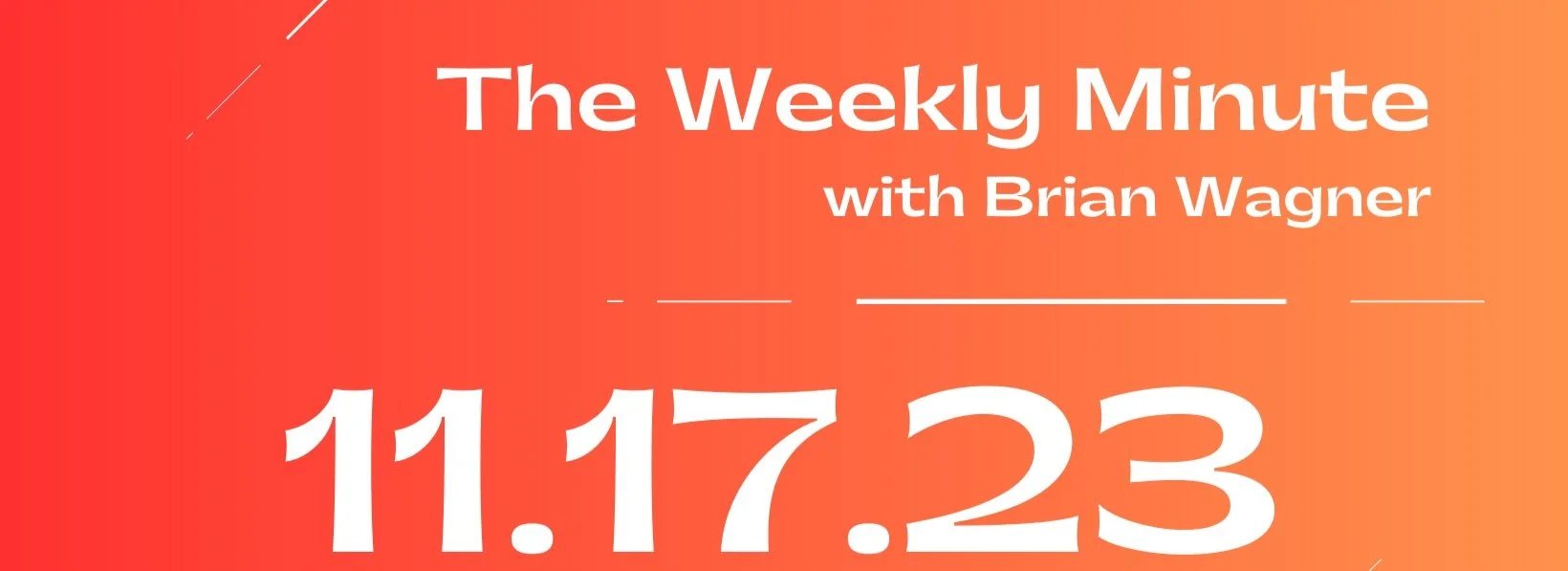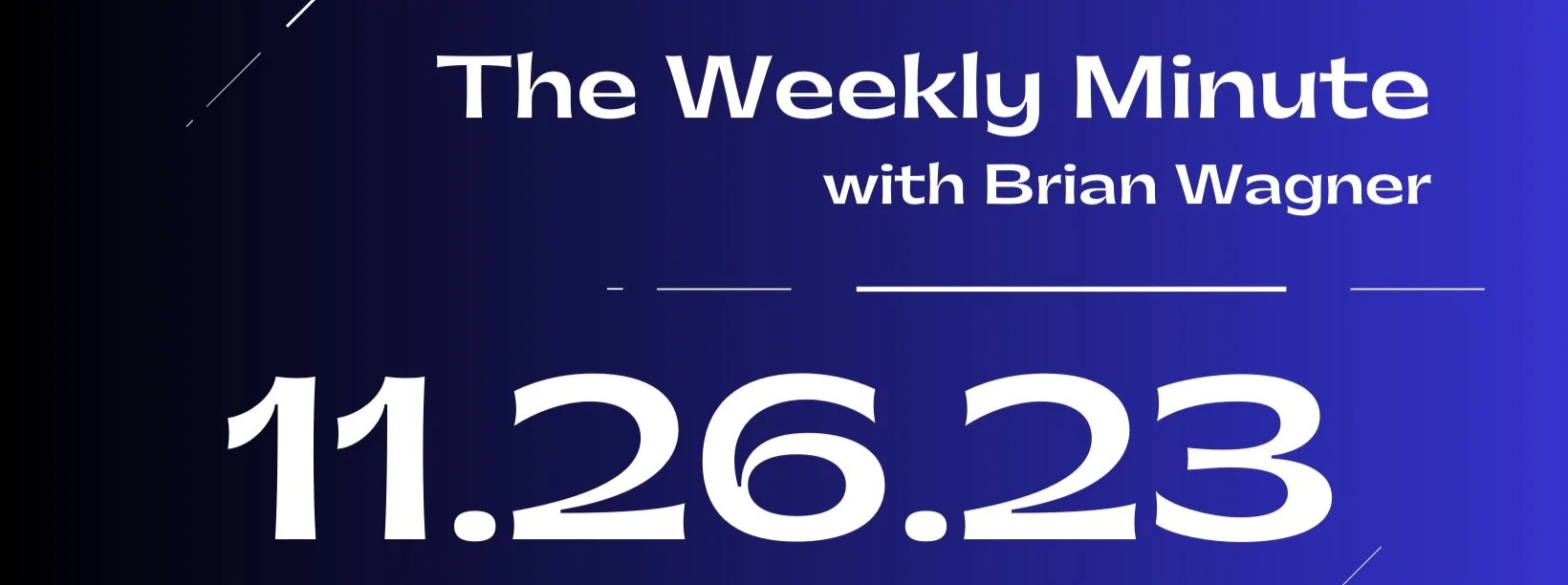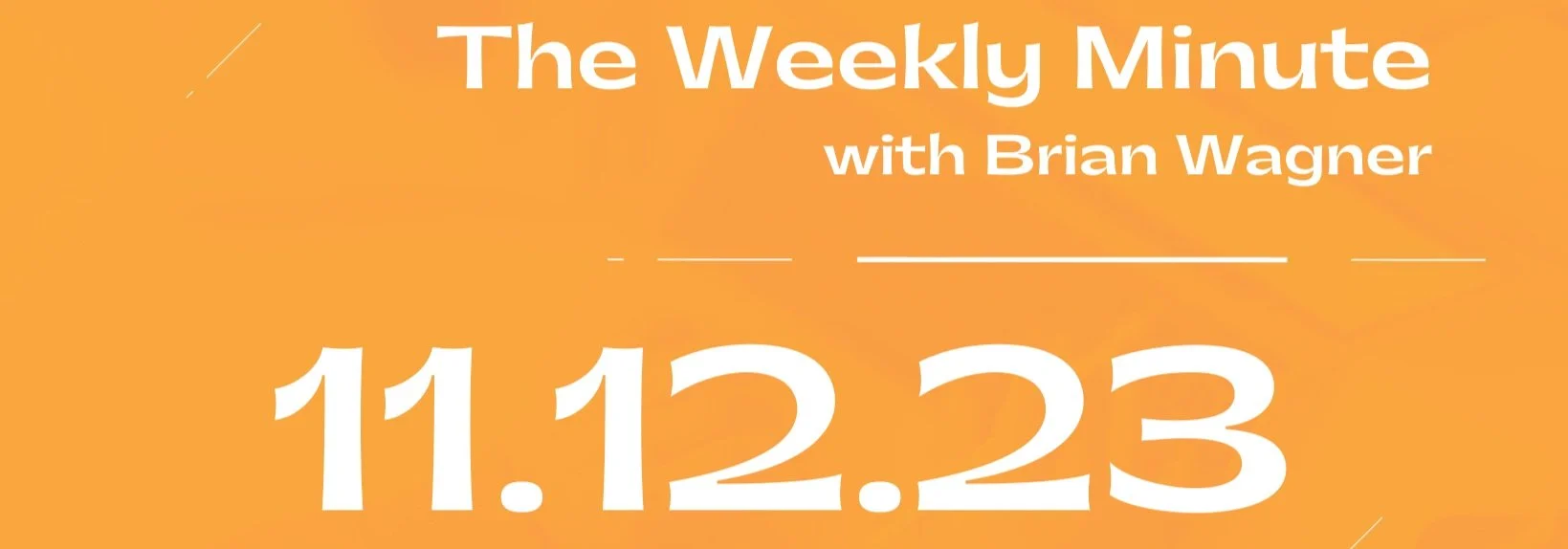The Weekly Minute - November 17, 2023
What I Read This Week
The Christmas Tree Effect (via Range Widely)
Our intuition is to add things to solve problems, but sometimes we should take away
This article discusses a study conducted on the effectiveness of electronic road signs displaying the number of traffic deaths in promoting safer driving behavior. In Texas, the Department of Transportation implemented these signs for one week each month, allowing scientists to compare accident data on the same roads, under similar conditions, with and without the signs.
Surprisingly, the study found that the fatality-count signs led to an increase in accidents, estimating an additional 2600 accidents and 16 deaths per year in Texas alone. The researchers attribute this to the cognitive load imposed by the attention-grabbing signs, suggesting that drivers become momentarily distracted, leading to more accidents.
The author draws a parallel to a broader human tendency to add rather than subtract when addressing problems, emphasizing the importance of considering the "subtraction game" in various contexts, including workplace practices and decision-making.
This suggests that discontinuing such road-sign campaigns is a low-cost strategy for improving traffic safety.
Healthcare Corner
Innovations should extend to the workforce, says Emory CEO (via Becker’s)
Dr. Joon Sup Lee, CEO of Emory Healthcare, discusses the organization's adaptation to the changing healthcare landscape, emphasizing the need for increased nimbleness in response to ongoing challenges, including the COVID-19 pandemic.
He highlights changes in hiring practices, staffing, and a focus on leadership, management, and culture to navigate the fluid healthcare environment effectively. Dr. Lee expresses excitement about Emory's tradition of innovation, citing examples in interventional cardiology, robotic cardiac surgery, and antiretroviral agents for HIV and COVID-19 treatment.
He underscores a shift toward valuing innovations in the continuum of care, patient experience, clinical outcomes, economic efficiency, and workforce impact.
Emory's creation of new leadership positions aims to enhance coordination among hospitals for improved efficiency and sustainability. Dr. Lee outlines future expansion plans, emphasizing the need to grow primary care, increase outpatient care capacity, and geographically spread, suggesting potential partnerships to achieve these goals.
Primary care player Forward unveils AI-based, self-serve CarePods backed by $100M series E round (via Fierce)
Forward, a healthcare company, has unveiled AI-based CarePods designed for self-service health screenings and diagnostics.
These pods, deployed in locations such as malls, gyms, and offices aim to bring healthcare services closer to the public.
Forward's CEO, Adrian Aoun, envisions a shift in healthcare from a traditional model relying on doctors and nurses to a more scalable approach using hardware and software.
Some Inspiring Thoughts
Do yourself a favor today: take a walk
Create energy. Be the spark in someone’s life!
Don’t wait. Go and get it.
One Strategy from ‘Creating Magic’ Book (10 Common Sense Leadership Strategies From a Life at Disney)
Strategy 1 - Remember, Everyone is Important
When everyone matters and everyone knows he or she matters, employees are happy to come to work, and they’re eager to give you their energy, creativity and loyalty
Know your team
Let your team get to know you
Greet people sincerely
Reach out to everyone on your team
Never underestimate the wisdom and resourcefulness of your frontline staff
Make yourself available
Listen to understand
Communicate clearly, directly and honestly
Stand up for the excluded
Forget about the chain of command
Don’t micromanage
Design your culture
Treat your people as you want your customers to be treated
Four Guest Expectations:
Make me feel special
Treat me as an individual
Respect me and my children
Be knowledgeable
See you next week.


